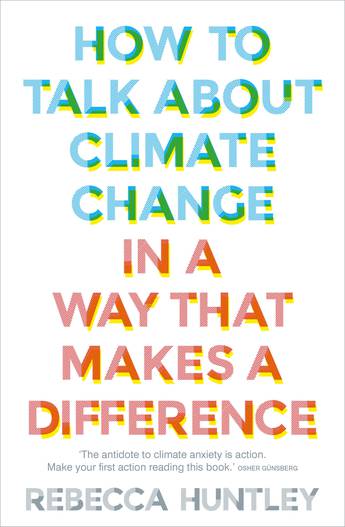What do you think?
Rate this book


304 pages, Paperback
First published July 2, 2020
This emotional change intrigued me. I consider myself a highly rational person. I'm a trained lawyer and social researcher. I base my judgements on demonstrable evidence that will stand up to scrutiny from lawyers, good journalists, academics and Senate committees. But this transformative moment—the moment I tipped from being concerned about climate change to genuinely alarmed about the threat—didn't happen because I read a report from the Intergovernmental Panel on Climate Change (IPCC) or sat through a presentation from a climate scientist about carbon dioxide levels. I reacted to a crowd of children holding up signs in the streets, girls who were only a few years older than my eldest daughter. Suddenly, it was personal. (p.4)